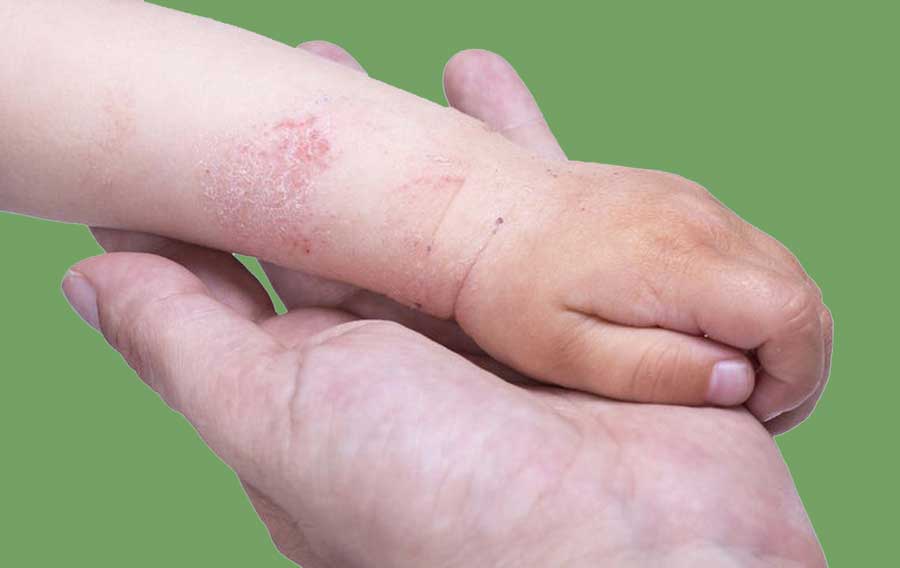Life is a journey filled with ups and downs. Occasionally, certain incidents or adversities can knock us off course, causing significant hardships. One such adversity is surviving a traumatic event, such as an accident. Traumatic events can drastically alter life in a whirlwind of hospitalization, rehabilitation, legal difficulties, and emotional turmoil. However, just like any other aspect of life, these hard times also pass – the ship steadies and life eventually finds a rhythm again.
This article is dedicated to all those brave souls trying to get their life back on track after traumatic events. Breaking the process down into manageable steps, we share ways to reclaim yourself and begin your journey toward post-traumatic success. Keep reading to explore more.
Legal Redress: Taking Control of Your Situation

The immediate aftermath of traumatic events like a severe accident feels chaotic and overwhelming. In these moments, it’s crucial to take control of the situation. One way to regain control is by seeking legal redress for the trauma caused. Late hospital bills, loss of income, and damage to personal belongings can add fuel to the fire of trauma. Thus, having a competent legal counselor by your side can be immensely useful.
A proficient personal injury attorney, like this truck accident lawyer in Mankato, MN for instance can assist in compiling, submitting, and following up on insurance claims, representing you in court if necessary, and ensuring you receive the compensation you deserve. They can negotiate with the insurance company and take your case to trial if needed so that you can receive fair compensation for any damages that you suffered.
The legal process can get tedious and complex. Ensuring the paperwork is complete and timely, constantly catching up with insurance firms, and understanding and fulfilling legal obligations – these tasks require considerable time, patience, and concentration, aspects you likely lack when recuperating from trauma. With a legal expert taking the reins of the legal process, you can focus on your recovery knowing that your legal matters are in safe hands.
Re-Skilling and Education: New Beginnings

There’s a chance that because of the trauma, you might have to switch career paths or discover new ways to earn your livelihood. It might seem difficult at first, but it’s yet another chance to redesign your life. It’s time to explore new arenas and unearth hidden talents. The thought of going back to school might seem intimidating. It’s never too late to learn and grow. Armed with willingness and dedication, you can take this opportunity by the horns and turn it into a stepping-stone to success.
One way of doing this might be considering an early childhood associates degree or similar courses that interest you. It not only equips you with new skills but also empowers you towards financial independence. An associate’s degree in early childhood education offers a range of fulfilling career paths, from being a preschool teacher to a teacher’s assistant or a specialist in early intervention. You could even opt for an online degree program, which will allow you to work at your own pace and from the comfort of your own home.
Embracing Therapy: Healing the Invisible Wounds

While the visible wounds of trauma often receive ample attention, the invisible ones tend to get sidelined. Emotional and psychological trauma manifest in various forms – flashbacks, anxiety, depression, insomnia, irritability, to name a few. Left untreated, these symptoms can turn chronic and lead to disorders like post-traumatic stress disorder (PTSD). Therapy is, therefore, a major step towards healing post-trauma.
A skilled and empathetic therapist can guide you through evidence-based techniques to enable you to manage symptoms and address the root causes of your emotional distress. Through therapy, you can learn skills to regain control of your emotions, leading you toward better mental health and improved quality of life. Remember, seeking guidance for mental health does not make you ‘weak’. On the contrary, it is a courageous and essential step towards post-traumatic success.
Sometimes, overcoming trauma requires a blend of therapies. Medication, combined with cognitive behavioral therapy (CBT), eye movement desensitization and reprocessing (EMDR), or similar therapy, can drastically improve recovery rates. Working with mental health professionals can bring great relief and is the cornerstone in the journey toward healing invisible wounds.
More Recommendation:
– 9 Ways To Improve Mental Health
– Telehealth Services: 4 Ways To Keep Your Mental Health In Check While In Quarantine
As you can see, the journey to post-traumatic success is not a road constituted by a single element. Rather, it’s a blend of taking control of your legal situation, healing your emotional wounds through therapy, sharing and learning from experiences of similar individuals, and re-skilling or gaining an education for new beginnings. This holistic approach, combined with patience and perseverance, can not only help you reclaim your life but also steer it in the direction of long-term success.














